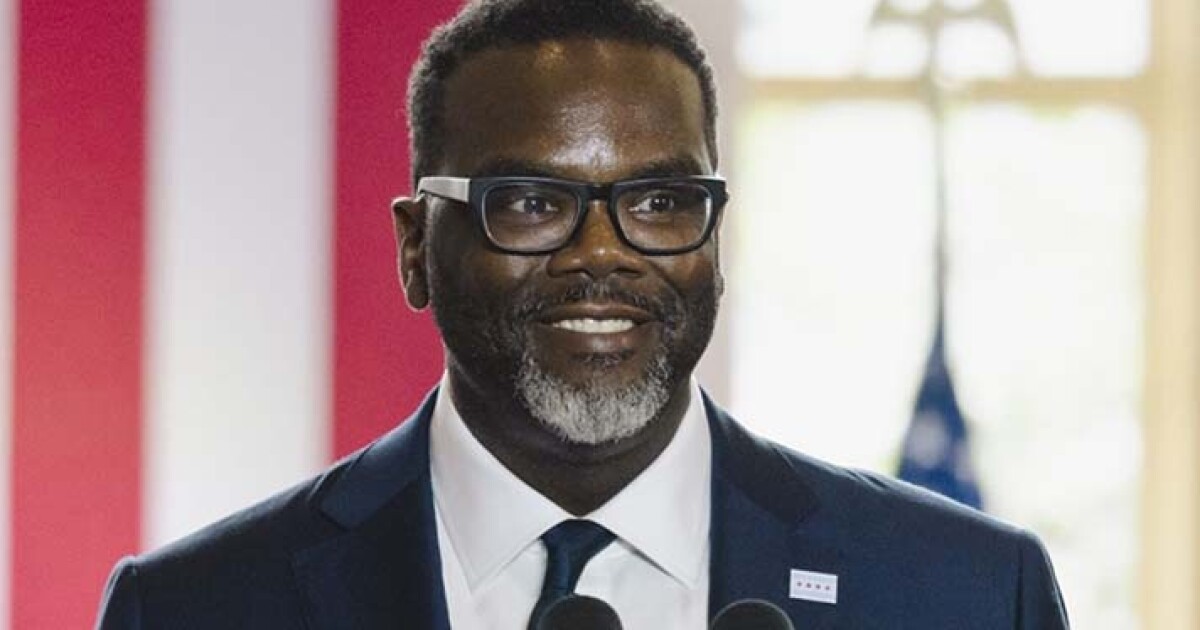Chicago facing a $538M budget gap for fiscal 2024
3 min read

Chicago’s is facing a $538 million budget gap for fiscal 2024, according to the budget forecast released Wednesday.
“The projected budget gap paints a realistic picture of our city’s financial condition, which will require careful consideration and strategic action,” said Mayor Brandon Johnson.
“In the coming weeks, we will be taking a much closer look at the challenges we face and how we will address those challenges reasonably and responsibly and not on the backs of workers and working families,” Johnson said.
Bloomberg News
While the city projects its corporate fund to end fiscal 2023 with resources exceeding expenses by $61.7 million due to improved revenue projections and cost savings, based on current projections it estimates a fiscal 2024 gap of $538 million, according to the budget forecast.
“This gap is driven by several factors, including rising personnel, pension, and contractual costs, as well as the cost to care for new migrants arriving to the city,” the forecast states.
“The 2024 projection for these expenses assumes salary and wages will grow based on required and estimated contractual wage and prevailing rate increases, as well as cost of living adjustments for city employees, and updated pension contributions based on the most up-to-date actuarial reports and calculations. Personnel expenditures are expected to grow by more than $214.4 million in 2024, totaling $3.4 billion,” the forecast said.
Johnson said the city’s financial situation he inherited was complex.
Federal Reserve interest rate increases affected the local economy and negatively impacted city revenues, he said. The city expects the cost of supporting an influx of migrants to rise, he said, and projects increased personnel, pension, and contractual costs.
“National and global events continue to impact Chicago’s economy as it continues its recovery from the COVID-19 pandemic and its resulting recession,” the forecast states. “These include the Federal Reserve’s tightening of monetary policy, the anticipated end of COVID-19 economic relief programs, and the pandemic-related changes in the economy that cities, including Chicago, will continue to experience moving forward.”
Due to cyclical expansions in economic activity, in years with revenue collections in excess of budget, the city works to maintain fund balance reserves to mitigate future risks and preserve financial stability.
“Chicago is a resilient city with a rich history of facing challenges head-on,” Johnson said. “We will emerge from this period stronger and more united, continuing our journey towards investing in people, and a better, stronger, safer Chicago.”
The budget forecast doesn’t include a discussion of the city’s debt or associated revenues, which are not reported in the city’s ACFR or in the annual budget.
The city’s general obligation bonds are rated Baa3 by Moody’s Investors Service, BBB-plus by S&P Global Ratings, BBB by Fitch Ratings and A by Kroll Bond Rating Agency. Moody’s has a stable outlook on the credit while S&P, Fitch and KBRA assign positive outlooks.







